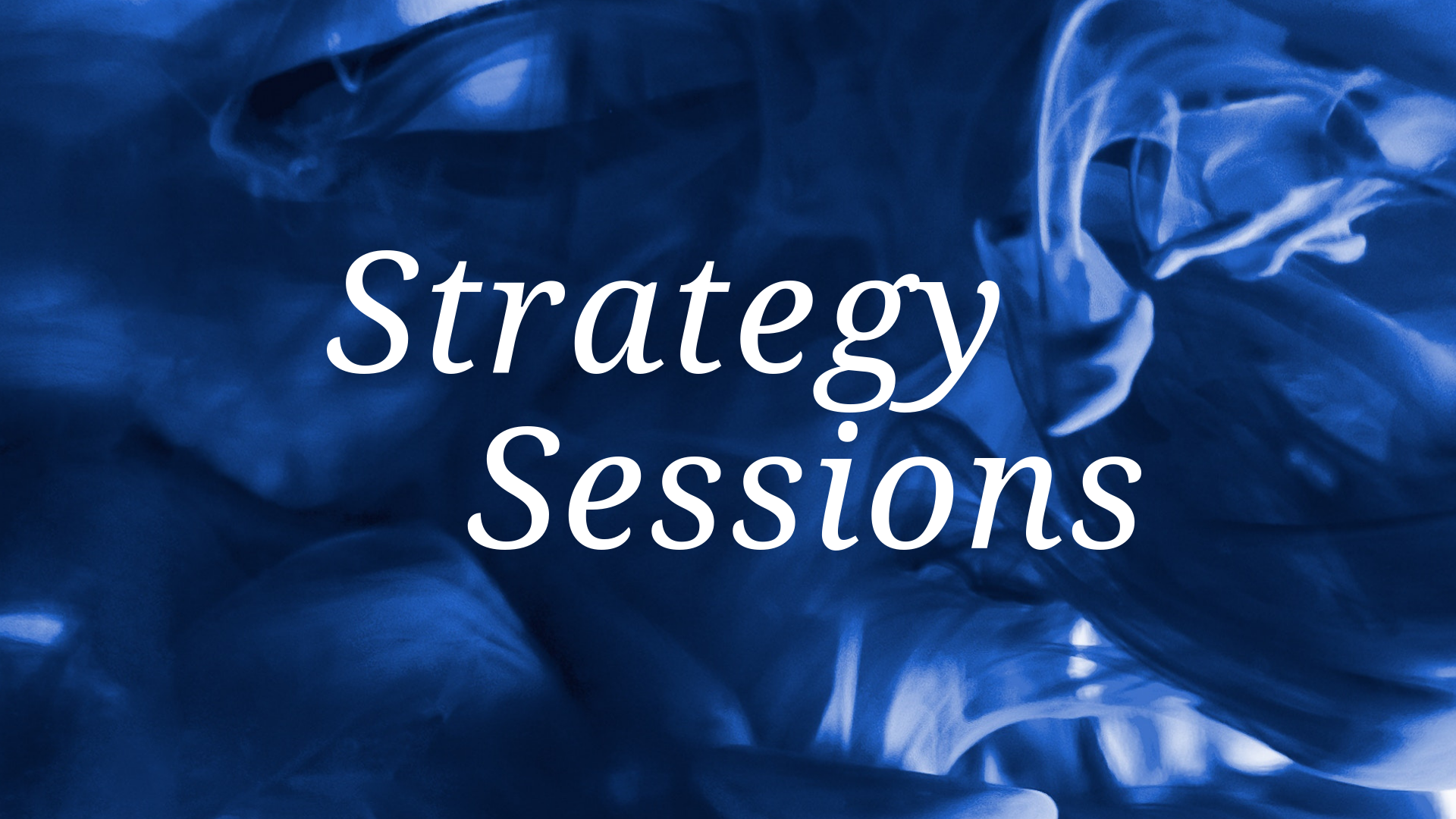Connecting conceptual disciplines to the real world

Australia/Melbourne 11.00am | Tue 27 November 2018
USA/Los Angeles 4.00pm | Mon 26 November 2018
Canada/Winnipeg 6.00pm | Mon 26 November 2018
(Convert the time zone here)
Presenter:
Matthew Thurgood – Senior Lecturer in Criminal Justice – ACAP
Since early 2016, Navitas teachers globally have participated in more than 18,000 hours of professional development in courses run by L&T Services.
Three months after the end of their course, participants are asked to consider what changes they have made to their practice. The Strategy Sessions series invites those teachers to share a learning and teaching challenge and their strategies and learnings from the process.
Each session includes Q&A discussion with the presenter and other attendees to help you connect with others in the learning and teaching community.
Providing students with opportunities to apply theoretical concepts to real-world scenarios and experiences remains as important as ever as higher education seeks to ensure graduates are prepared for life beyond their course. Focus here is often placed on job readiness and the professional world. However, the wider development of critical-thinking skills in our students is vital if they are to go on to become discerning consumers of information and socially active citizens. With this foundation, graduates have the ability to not only engage in the professional world but potentially shape their professions for the better.
In this session, Matthew Thurgood will explain how he develops critical thinking in his students by facilitating the application of theoretical concepts to the real world. Specifically, he will describe his approach as he applies it in the undergraduate Criminology unit Deviance. In this unit, students are asked to bring their observations of contexts and behaviours to the classroom to examine social norms as they relate to everyday life. This, in turn, is used as a way to encourage students to challenge social constructions of identity and behaviour.
